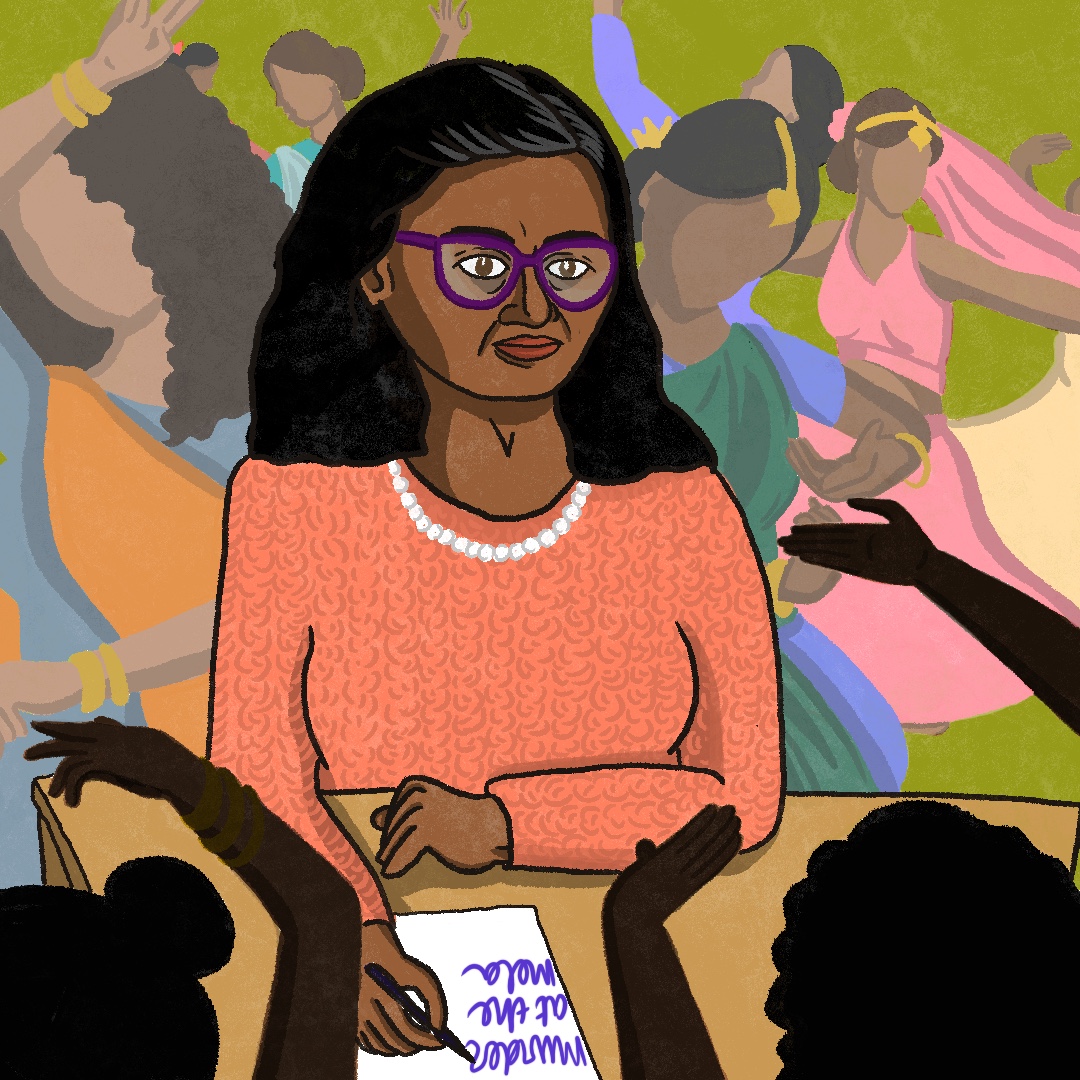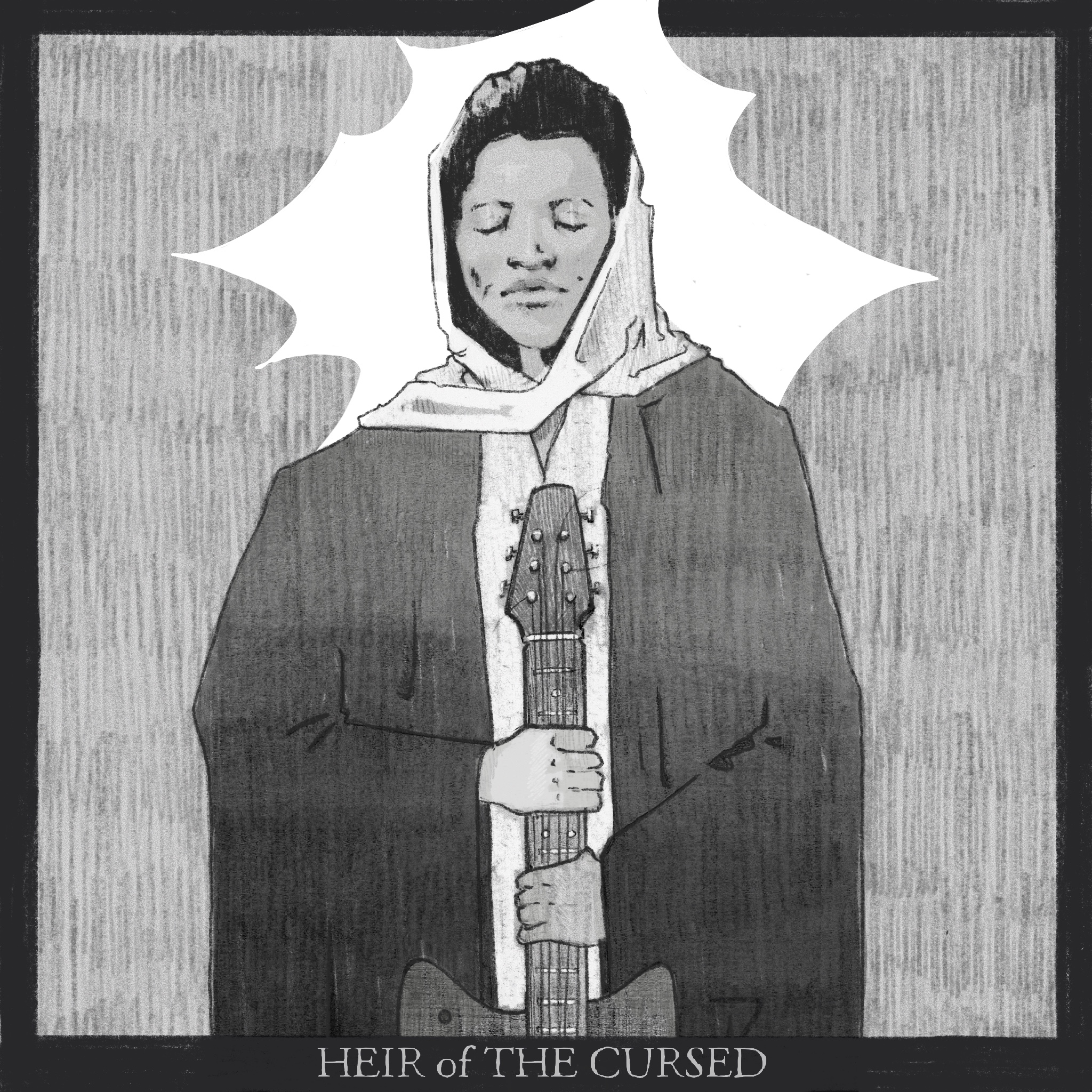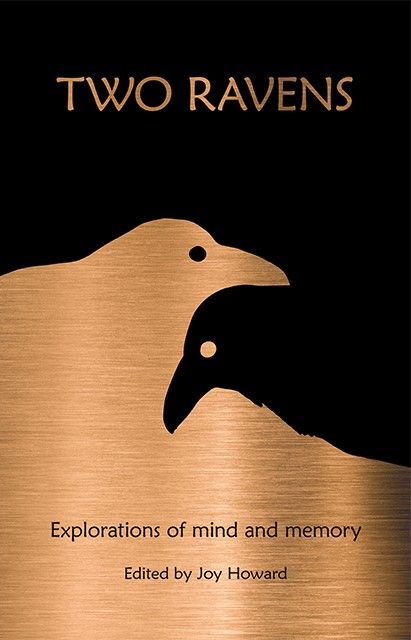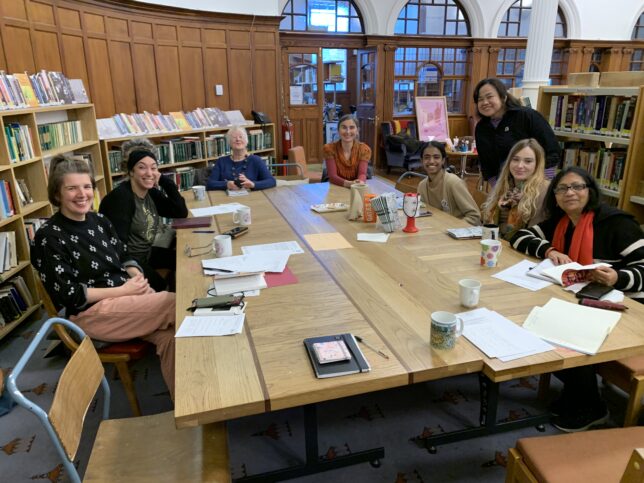These past weeks, instead of standing in the kitchen chatting whilst waiting for the kettle to boil, the women’s library team have been chatting over WhatsApp. We’ve been sharing pictures of our new working spaces (and our hard-working dog, children and plant colleagues), and our new lockdown haircuts. And we’ve been talking a lot about birds.
Perhaps it’s because of the quietness of the streets, or that our ears are fine-tuned to the world outside our windows, but to me birdsong has seemed particularly loud this year. And especially welcome.
Together, we’ve been recommending and sharing different Birdsong Apps to help us get to know the birdsong. The app I’ve been using is BirdNET, which records the sound and gives you suggestions of birds with different degrees of certainty. So far, on my walks by the Kelvin, I’ve heard (I think) chiffchaffs, blackcaps, robins, blackbirds, bluetits, chaffinches and a lot of wrens. I’ve been standing beneath trees holding up my phone beneath the bustling branches and trying to puzzle out one song from the rest. The birds are mostly invisible or flitting too fast to catch the streak of their colours, so it’s the songs that reveal how many there are.
Our Open the Door women’s writing festival this year has a special focus on environmental and ecofeminist ideas. The three writers we are spotlighting – Maria Firmina dos Reis, Wangari Maathai and Jessie Kesson – all have a writing practice rooted in landscape and environment. We are celebrating their words and highlighting the importance of thinking widely about our environment and changing world.
This digital writing festival with an environmental theme was organised long before lockdown, yet it couldn’t feel more pertinent. Now, when most of us are staying at home and Spring is unfurling outside, we are experiencing a different relationship to our environment and, perhaps in some ways, feeling more mindful of what we can see and hear from our doorstep; the weeds growing in cracks in pavement concrete and the morning flurry of birdsong.
This is why we’d like to invite you to join us in writing a small poem inspired by birdsong: a Birdsong Haiku. Like birdsong, there is a deceptive simplicity to haikus. A haiku is a short form of Japanese poetry, which is typically written in three phrases of 5, 7, 5 syllables. Here are some examples from the GWL team to get you started.
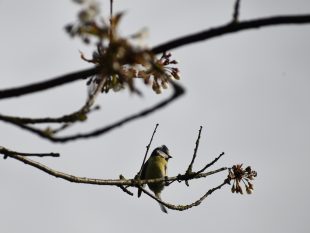
the sun’s chorus sings
waking me at 4a.m.
ticking heart of spring
– Morag
siren whistle cuts
air that bends beneath your wings
starlings scattering
– Morag
You can hear the tree
It is speaking in birdsong
Trill, chatter, scold, shine.
– Emily
Is that a sparrow?!
Or is it a wren or thrush?
I can’t really tell
– Jo
You sing to a mate,
A reply may come, or none
You sing anyway
– Gaby
We’d love to fill Twitter with dawn and dusk haiku birdsong throughout Open the Door. If you’re happy to tweet your poem, please do so using our handle @womenslibrary and the hashtag #BirdsongHaiku
You can also send them in to us at info@womenslibrary.org.uk and you can let us know if you’re happy for us to share them on our social media!
If writing haikus are not for you but you’d like to be taken to another place by the magic of poetry and nature, we have a treasure trove of extracts that have flown from the shelves at Glasgow Women’s Library. Bird inspired poetry will be making an appearance throughout Open the Door, so why not share your favourite writing by women about birds or birdsong. We’d love to read them all! Add these voices to the festival using the hashtag #BirdTweet #OpentheDoor2020
If you can’t hear birds from where you are, you might like to listen to this birdsong guide from Woodland Trust here. We look forward to celebrating the morning chorus, the afternoon chirrups and the evening chatter together!

